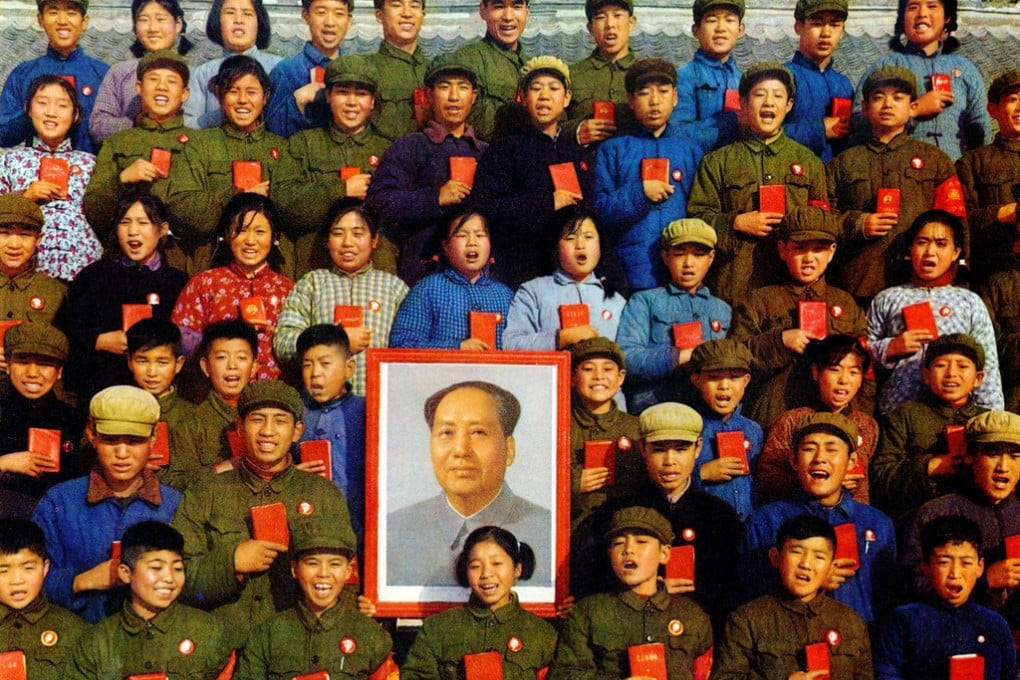Revisiting China's class struggle
How do we reconcile the conflicting values of socialism and capitalism in the nation today?

How does the idea of "class struggle" fare in China today?
Last month, Red Flag Manuscript, a fortnightly under the Communist Party's top mouthpiece journal Qiushi, published a piece that set online chat rooms abuzz. Authored by the president of the Chinese Academy of Social Sciences, it asserted that "class struggle can never be extinguished in China".
Among the article's critics was the Study Times, under the Central Party School, which highlighted the party's "leftist mistake" in making class struggle its guiding principle, culminating in the Cultural Revolution.
Classical Marxism's "class struggle" describes the conflicts between the bourgeois and proletariat in transition towards a proletariat dictatorship and a classless utopia. In Mao Zedong's China, it was a mesmerising mantra that lured countless adolescent Red Guards into the decade-long brutal struggles against various "class enemies".
"Class struggle" eventually gave way to Deng Xiaoping's reformist "socialism with Chinese characteristics" that has undergirded China's development since 1982. In 1997, the idea was named "Deng Xiaoping Theory" and written into the 1982 constitution on a par with Marxism-Leninism and Mao Zedong Thought. The pursuit of "a socialist market economy" has since blurred the objects of class struggle.
Then on July 1, 2001, Deng's successor Jiang Zemin's famous "Three Represents" speech welcomed capitalists and entrepreneurs into the party. That resulted in a 2004 amendment to the constitution, in which the party's "patriotic united front now includes "all builders of socialism". Ever since, debates over whether the party has abandoned its proletarian roots have persisted.